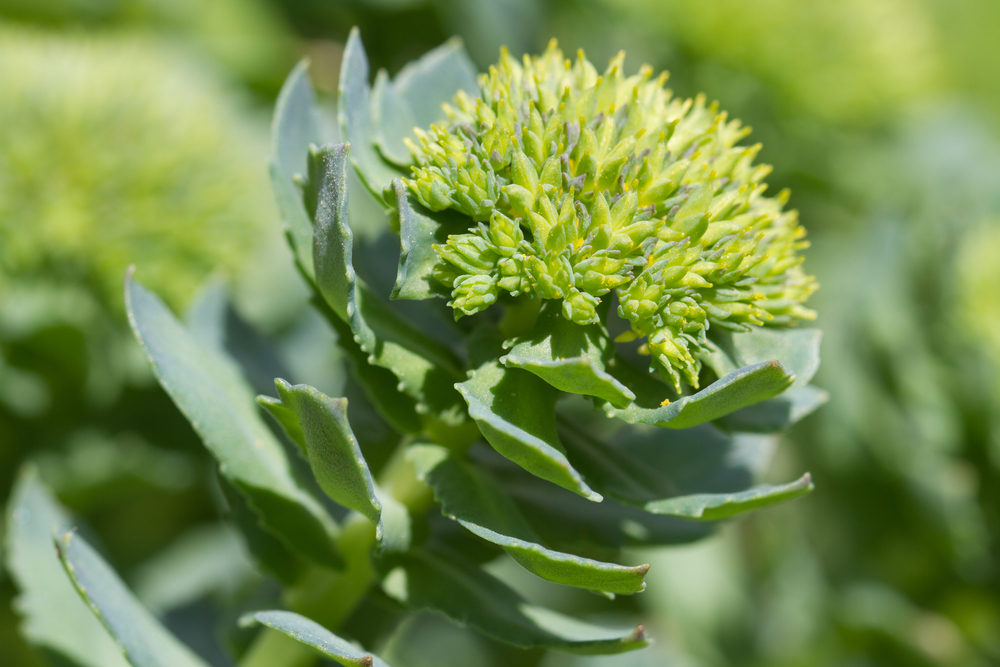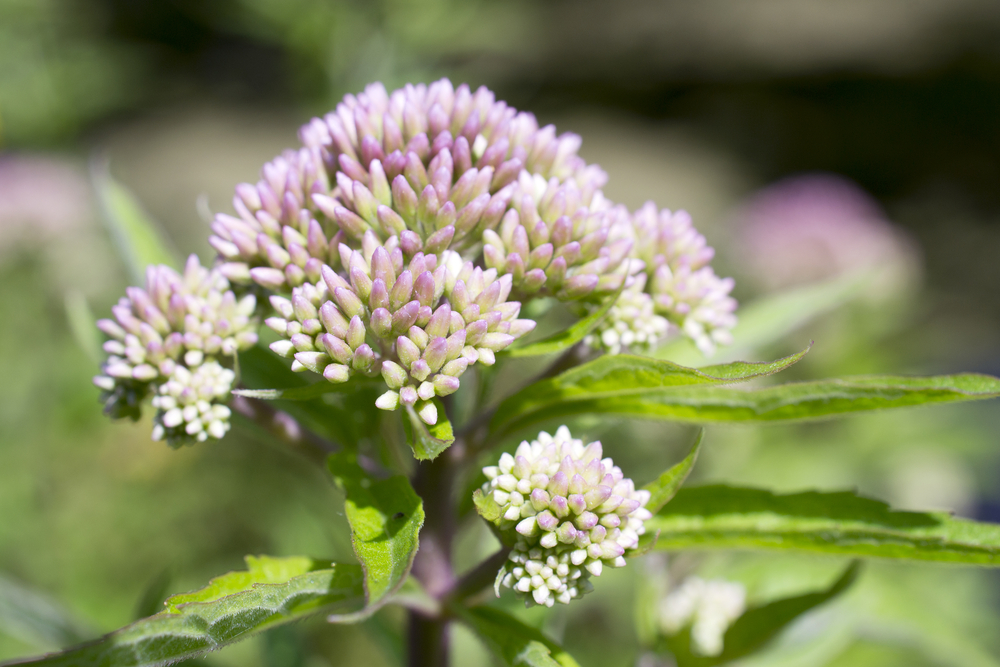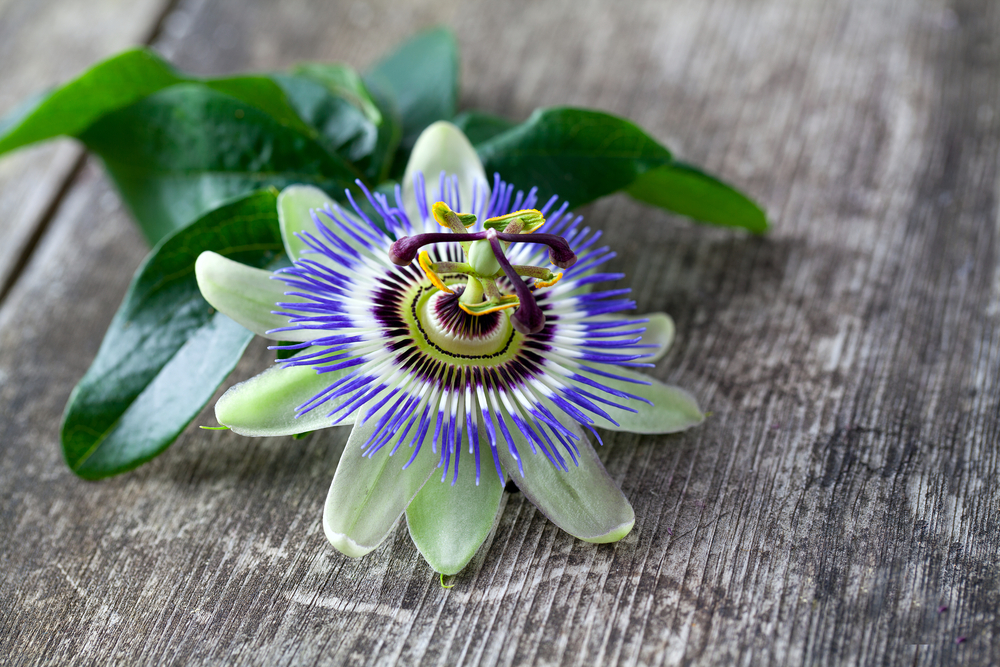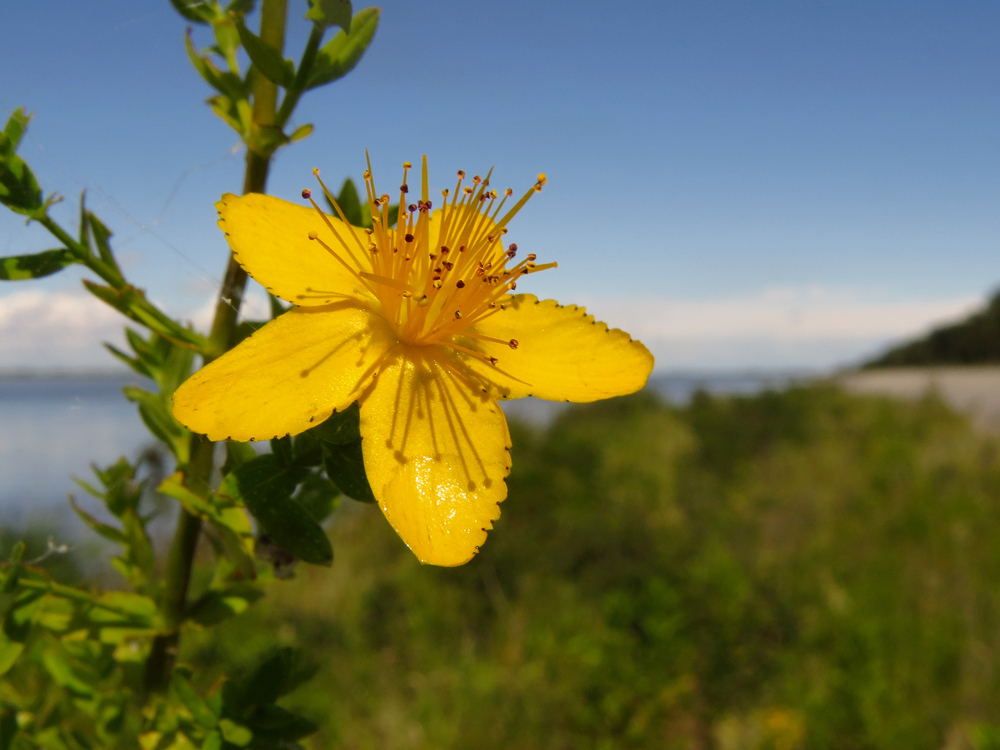This year’s World Mental Health Day on October 10th aims to raise awareness of mental health issues around the world.
Editor Jane Garton looks at some herbs that can help to lessen the burden.
One in four of us will experience a mental health problem of some kind each year in England with one in six experiencing a common mental health problem (e.g. anxiety or depression) in any given week. Yet despite this number, many of us affected are still reluctant to admit we have a problem, preferring to keep it to ourselves.
The reason? A certain stigma still surrounds mental health with some of us being wary to talk about it for fear of appearing weak or being seen as unable to cope; perhaps you may think you won’t be taken seriously by health professionals.
Keep the conversation going:

Keeping silent is one of the worst things anyone can do. Rather than a sign of weakness, sharing a problem can show strength and finding the right support is often the first step to feeling better. And the good news is there is plenty of help out there with resources growing as the conversation around mental health opens up.
In addition to seeking help from healthcare professionals, talking therapies, or joining support groups, there are three herbs that can help to balance mood.
Rhodiola

Rhodiola (rhodiola rosea), or golden root as it is often referred to in ancient legends, is well known for its hardy properties. With its striking yellow summer flowers, it thrives close to the Arctic Circle in the dry mountainous areas of Scandinavia, Siberia, Northern China and Canada.
What does Rhodiola do?
It is thought to have anti-fatigue, anti-stress, antioxidant and immune-enhancing effects and studies show it can help improve mental and physical performance under stress. Such are its reputed powers that it is recognised as an official medicine in Russia and Scandinavia for treating fatigue, memory loss and poor concentration.
How does Rhodiola work?
As with many herbs, no single compound has been pinpointed as responsible for Rhodiola’s healing powers, but research indicates that chemical ingredients known as rosavins are mainly responsible. It appears that these affect the function of neurotransmitters, the brain chemicals that transport messages between nerves helping to regulate mood and other brain functions. Research also shows they may stimulate the release of serotonin, which can help to boost mood, in the central nervous system.
Valerian

Sometimes described as nature’s tranquilliser valerian (valeriana officinalis) has been taken for centuries to treat nervous anxiety, reduce muscle tension and relieve mild insomnia. Nicholas Culpepper, the famous 17th century herbalist, recommended the use both of herb and root, and praised valerian for its longevity and many comforting virtues.
How does Valerian work?
Valerian contains several unique substances, such as valerenic acid and valeranon that have a central and muscle relaxant action that can help if you are stressed, anxious or prone to panic attacks as well as insomnia. Here, it is especially valued for its lack of side effects compared with more conventional sleep remedies, which can leave you feeling groggy and tired in the morning. It is non-addictive and works by calming the brain and body rather than inducing sleep directly so sleep can occur naturally.
Passionflower

If anxiety is an issue and preventing sleep, another herb passionflower (passiflora) works on the calming neurotransmitter called GABA, supporting the body through the stresses of daily ups and downs. Taking passionflower throughout the day to keep anxiety at bay and using valerian in the evening about an hour before bedtime is a great combination.
St John’s Wort

St John’s wort (hypericum perforatum) sometimes also known as ‘the sunshine herb’ has been used to treat disorders of the nervous system for more than 2,000 years. At least 30 studies on more than 1,700 patients show that St John’s wort can be an effective remedy for mild-to-moderate depression without the side effects of more conventional anti-depressants. It also works well in cases of long-term stress and worry, relaxing and strengthening an exhausted nervous system.
It is often prescribed to help banish seasonal affective disorder (SAD) a severe form of the winter blues thought to be bought on by the lack of sunlight that occurs as the days get shorter after the clocks change at the end of October.
How does St John’s Wort work?
It is not known exactly how St John wort works, but it is thought that the active ingredient hypericin works by prolonging the action of the brain neurotransmitter serotonin – a deficiency of which can trigger low mood and depression.
Note: St John’s wort can interact with certain prescription medicines, so always check with your GP or pharmacist before taking.
























Add comment